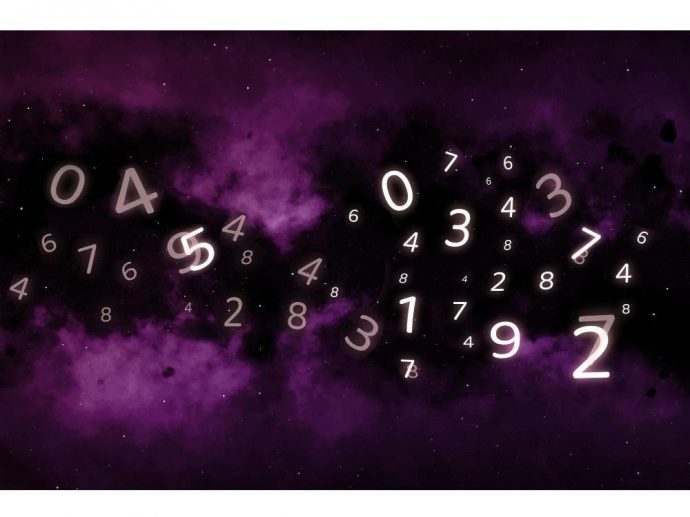Categories more
- Adventures (17)
- Arts / Collectables (15)
- Automotive (37)
- Aviation (11)
- Bath, Body, & Health (77)
- Children (6)
- Cigars / Spirits (32)
- Cuisine (16)
- Design/Architecture (22)
- Electronics (13)
- Entertainment (4)
- Event Planning (5)
- Fashion (46)
- Finance (9)
- Gifts / Misc (6)
- Home Decor (45)
- Jewelry (41)
- Pets (3)
- Philanthropy (1)
- Real Estate (16)
- Services (23)
- Sports / Golf (14)
- Vacation / Travel (60)
- Watches / Pens (15)
- Wines / Vines (24)
- Yachting / Boating (17)
Behind the Scenes of RNG: How Math and Code Keep Games Fair
Published
10/14/2025Have you ever stopped to think about what’s really going on behind all the flashy graphics and booming sound effects? It is not just about visuals. It is about the stuff that actually runs the game. That’s where the random number generator, or RNG, comes in. It's the one that decides which symbol will land on the reel, which card you'll get in your hand, and, in general, how fair the game seems. The reputation of any platform such as well-known online casino like WildCasino or a major RPG – rests on RNG. If the generator fails, the most important thing will disappear in an instant.
Computer and randomness: how does it even work?
At first glance, it seems like a paradox. A computer is a predictable machine: it executes algorithms step by step. Where does randomness come from? Frankly speaking, a machine cannot create real "chaos". All we get are so-called "pseudo-random numbers". They look unpredictable to the player, but there is a clever code behind them. In simple terms, it's like an illusion: the mechanism is hidden, and the result behaves as if randomness were real.
How a stream of numbers is born
At the heart of any generator is a "seed". This is the initial value from which the process begins. The seed can be time, mouse movement, or external data. Then the algorithm applies a chain of mathematical functions - and at the output there is a number. This becomes a new seed for the next step ... and so on ad infinitum.
It is important that a good generator creates long and complex sequences. Only then it is impossible to predict the next result. For games, cryptography, or any system where unpredictability is needed, this is more than enough.
If you have played multiplayer games with loot boxes, imagine the scale: hundreds of thousands of players open chests at the same time, and the system must cope and give fair results. A rare item should not "stick" to one account, and common ones - appear less often than expected. This is where algorithm optimization comes into play: speed and quality of randomness must go hand in hand.
Why is it important for a player
You opened a loot box or pulled out a rare item in an RPG. You want to be sure that the chance is as stated. In a casino, the stakes are higher: one mistake - and trust flies away. That's why developers use only proven RNGs that have passed an audit. And this is not just code, but a guarantee of fairness: the game does not adjust the result, everything relies on real randomness.
Online casinos are even more responsible: licenses require regular RNG testing by independent laboratories. They conduct hundreds of thousands of simulations of card deals or reel spins. If the sequences show patterns, the algorithm is considered unreliable. Only after the certificate can the platform confidently say: "Our games are fair."
Fairness check: statistics in action
Creating an RNG is not enough. It needs to be proven. For this, sets of statistical tests are used. They check: are there any hidden patterns, are the cards falling with equal probability, are the events not repeated too often and is it possible to "read" the algorithm.
By the way, sometimes players themselves notice oddities. If someone wins too often in slots or the same combinations are repeated in poker, the community immediately raises a fuss. The reputational risks are huge, so companies invest millions in testing and certification.
Code and people: who is really responsible for fairness
It is important not only how the algorithm is written, but also how it is integrated into the game. Take poker: RNG decides the order of the cards, but also affects many small randomnesses. A programmer's mistake - and the game turns into chaos. That's why developers spend a ton of time on testing, integration and control.
But the most interesting thing is the human factor. We play because we believe in a fair chance. Winning should depend on skill or luck, and not on a pre-programmed outcome. The best RNGs do this quietly: unnoticed, without noise, but guarantee a sense of real randomness.
Summary
Behind a simple click of "spin" or "deal" is hidden complex mathematics, multi-level testing, and the work of developers. And all this is for one thing: so that the player does not doubt the honesty of the process. In online games, where it is impossible to "look behind the scenes," the main capital is trust.
And here’s the fun part: most players never actually see the algorithms running, but a solid RNG quietly shapes the whole experience. It’s what makes every win feel earned, every loss feel fair, and every choice in the game matter. In a way, RNG isn’t just crunching numbers — it’s creating trust, excitement, and that little spark that makes the game feel alive.















